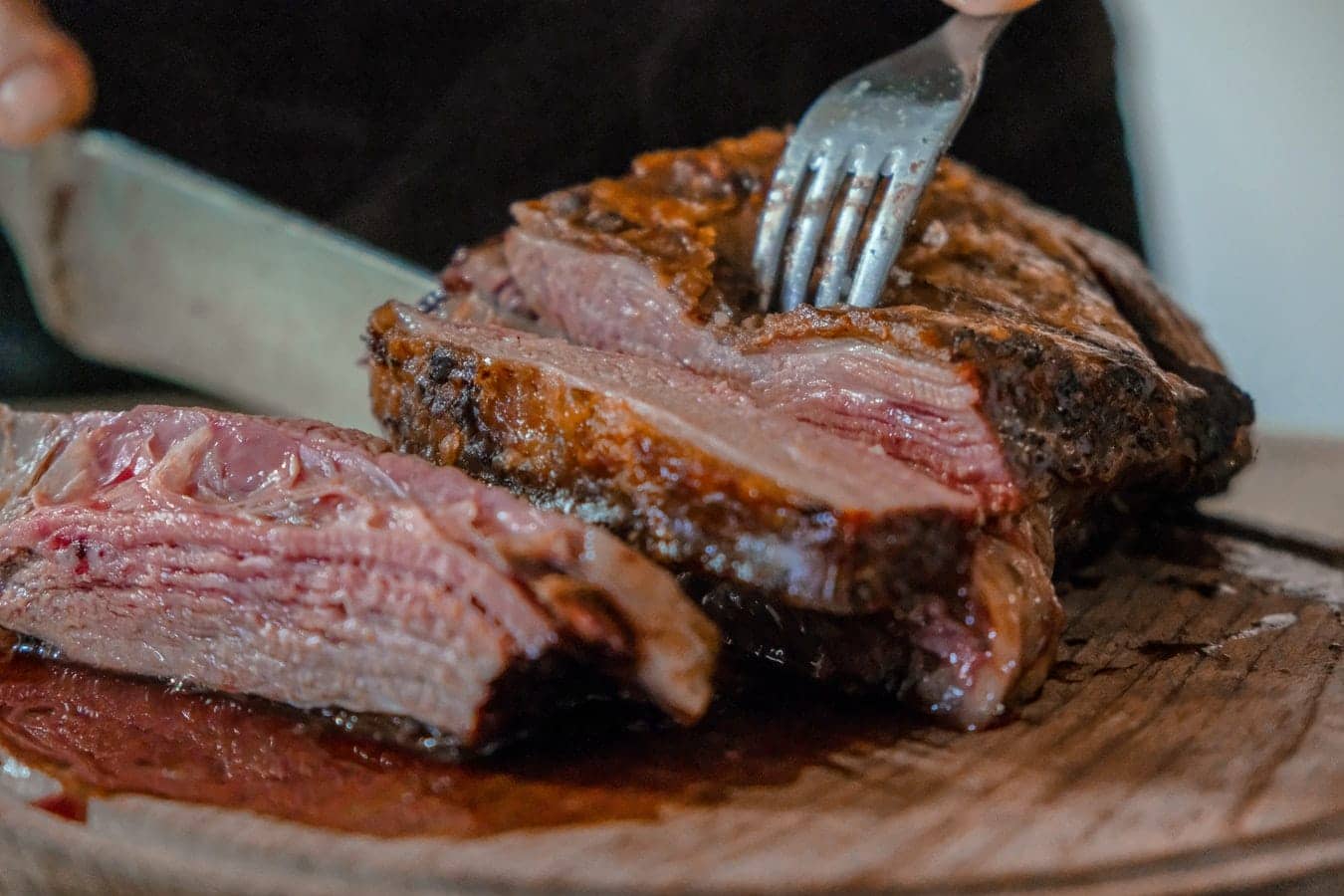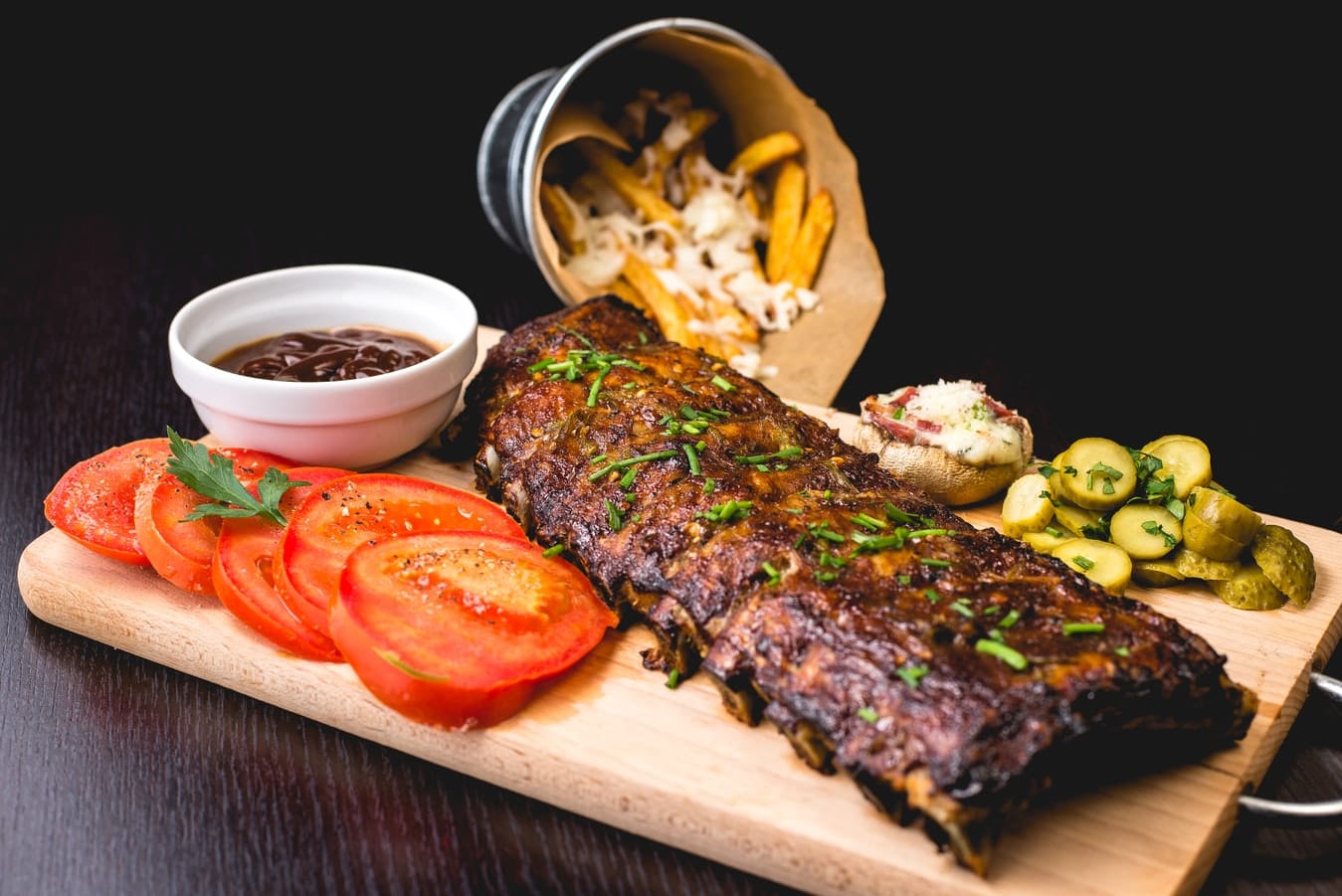What do we know about storing meat? Probably, only that it must be kept cool and frozen if we are not planning to make use of it in the nearest future.
So why do many of us face the problem of meat spoiling faster than we expected? We know the reason, and what is more important, we know what to do to forget about that problem once and for all!
Join us, it’s gonna be interesting!
Common Meat Storage Mistakes We Stumble Into
To solve the problem, we need to figure out what makes it happen again and again. With meat storage, it is all the same.
To know how to fix the situation, it is essential to learn what we are doing wrong. That’s why we suggest you check out the following list of the top mistakes people do when it comes to the way they store meat.
- Washing meat prior to storage
Why is that wrong? When we wash meaty products (no matter what sort of meat it is), we are at the high risk of spreading germs all over the countertops and sink, not saying about the other foodstuff like veggies, fruits, etc. that we prepare at the same time.
So simply cook your steak of poultry properly – that will destroy all the germs completely.
- Multiple freezing
If we defrost and freeze meaty foods many times, it will speed up the spoilage process<span style=”font-weight: 400;”> due to the temperature fluctuations from heat to cold and back.
What’ s the solution? Divide the fresh meat into portions (if it’s minced) or small pieces (if it’s a solid piece) and freeze them. Like that, you will be able to take out the precise amount of it needed for a certain dish.
- Putting cooked meat on a plate where raw meat was
It’s all simple here: germs from the raw flesh will remain on a plate and will be transferred to the cooked food once you place it there.
Use a separate plate or dish for cooked meats instead!

- Improper cooking
If you’re not using a food thermometer, there’s a risk of undercooking meaty foods that can lead to foodborne diseases since germs won’t be killed completely!
- Thawing meat on the counter
For defrosting, place it in cold water, or defrost in the fridge overnight. When being left unchilled, the meat will develop harmful bacteria very fast.
- Leaving meat out unchilled too long
Germs and bacteria grow fast when not cooled. That’s why place meaty foods to the fridge or frosting camera right after you bring them from the store.
So How to Store Meat Right?
It may now seem to you that keeping meat is a super complicated science, but it’s not like that! In fact, knowing several easy tricks will allow you to preserve your favorite beef or pork way longer.
1. Pack it right
If you purchase meaty products wrapped in a butcher paper or in styrofoam containers, it’s ok to refrigerate it like this. But for freezing, toss that paper-wrapped piece in a frost-resistant zipbag. Styrofoam tanks must be replaced by the freezer film and zip bags, too.
2. When to freeze?
The best time is when the meat is fresh. And make sure you consume it within a few months – the less time it spends frozen the better.
3. How to defrost?
Do it slowly, that’s the crucial point. Meat can’t stand rapid thawing since its quality will degrade. The optimal way is to remove it to the fridge overnight or if you are in a hurry, submerge it in a bowl with cold water.
4. Keeping it right
If you refrigerate meat, remember that it’s ok to keep it there for several days, and the temperature must be 40 F or lower.
To make it easier to calculate what meat and for how long to keep frozen or refrigerated, check out this chart.
[table id=46 /]
When incorporating these simple knowledge into your daily cooking, you’ll see that dealing with meaty foods has become way simpler!
[wp-faq-schema title=”Frequently Asked Questions”]

Does meat last longer cooked or raw? I want to keep the turkey fresh until my birthday so it needs to stay refrigerated for almost a week. Any ideas?
Cooked meat will last longer because when you heat it, you kill the bacteria that trigger spoiling. But for you, I’d suggest freezing since cooked turkey won’t be the same tasty in a week.
Can I leave the meat in the fridge? Or is it better to freeze it?
Depends on how soon it will be cooked. Some meats last 1-2 days, others stay ok longer. So if you’ll consume it soon, then refrigerate, but for the extended keeping, freezer is the optimal variant.
Is meat OK if it turns GREY? I just microwaved some minced pork, and it turned greyish.
If it smells and looks well, it’s not slimy, and that greyness is only on the surface, it’s safe to eat. But if it’s grey throughout, then toss it.
Hi! I do need your help, guys and ladies! What is the proper way to store meat?
Hey! If you mean long-term storage, then freeze it in a frost-resistant zip bag, and wrap the meat with plastic wrap. For refrigerating, butcher paper is fine.
Oh, and don’t wash it, washed meat will spoil faster!
Can you leave the meat in the fridge for a week? Does anyone know whether it’s safe?
I know that some kinds of meat are ok to store this long, e.g. corned beef or unopened canned ham, hot dog meat, and bacon, too.
How do you keep meat fresh for a week? Is it possible to make any meat last this long?
I guess you can’t keep any meat for a week. Certain meats like cooked leftovers, raw turkey, or fresh minced meat won’t survive more than 2 days no matter what you do.
Can I eat steak that’s been in the fridge for a week? Do you think it’s safe if it’s cooked?
I’d not risk. Cooked steak is good for 3 days at most when refrigerated.